Australian Competition and Consumer Commission (ACCC) chair Rod Sims said increased generation partly off the back of renewable energy has led to "much lower" wholesale electricity costs.
"Prior to this, we had a decade of sustained electricity price increases that placed unacceptable pressure on households and small businesses," he said.
“The ACCC is now investigating whether electricity retailers’ current prices, including to their existing customers, are in line with recent wholesale price reductions, and if electricity retailers haven’t passed on the savings to consumers as required by law, they can expect to hear from us."
Want to buy renewable energy technology for your home? The table below features green personal loans with some of the lowest interest rates on the market.
Lender | |||||||||||||
|---|---|---|---|---|---|---|---|---|---|---|---|---|---|
| Fixed | Secured | N/A | More details | ||||||||||
RACV Finance Green Car Loan (5 Years) | |||||||||||||
| Fixed | Secured | N/A | More details | ||||||||||
Green Secured Personal Loan (5 Years) | |||||||||||||
| Fixed | Secured | N/A | N/A | More details | |||||||||
Green Car Loan - Fixed (5 Years) | |||||||||||||
| Fixed | Secured | N/A | N/A | More details | |||||||||
Green Car Loan (5 Years) | |||||||||||||
| Fixed | Secured | N/A | More details | ||||||||||
Green New Car Loan (5 Years) | |||||||||||||
| Fixed | Secured | N/A | N/A | More details | |||||||||
Green Car Loan (5 Years) | |||||||||||||
| Fixed | Secured | N/A | N/A | More details | |||||||||
RACQ Bank Green Car Loan (5 Years) | |||||||||||||
| Fixed | Secured | N/A | More details | ||||||||||
Fixed Car Loan - Green Car (5 Years) | |||||||||||||
| Fixed | Secured | N/A | N/A | More details | |||||||||
Fixed Car Loan - Green Car (5 Years) | |||||||||||||
| Fixed | Secured | N/A | N/A | More details | |||||||||
Secured Green Loan (HL members) (5 Years) | |||||||||||||
| Fixed | Secured | N/A | More details | ||||||||||
Green Car Loan (5 Years) | |||||||||||||
| Fixed | Secured | N/A | More details | ||||||||||
Green Car Loan (5 Years) | |||||||||||||
| Variable | Unsecured | N/A | More details | ||||||||||
Green Personal Loan | |||||||||||||
| Fixed | Secured | N/A | N/A | More details | |||||||||
Unsecured Green Personal Loan (5 Years) | |||||||||||||
| Fixed | Secured | N/A | N/A | More details | |||||||||
Green Used Car Loan (5 Years) | |||||||||||||
| Fixed | Secured | N/A | N/A | More details | |||||||||
Secured Green Loan (Non-HL members) (5 Years) | |||||||||||||
| Fixed | Secured | N/A | More details | ||||||||||
Green Unsecured Personal Loan (5 Years) | |||||||||||||

- No ongoing or early exit fees
- 1-7 years loan terms. Pay monthly, fortnightly, or weekly
- Get a quick decision. Funds in 24 hours if approved
- Loan amounts of up to $75,000, and up to $100,000 for home improvement projects and motor vehicles
The ACCC says the more competitive offers in NSW, Victoria, SA, South East Queensland, and the ACT were saving households $126 per year on average.
The biggest savings were seen in Victoria, with flat rate offer prices decreasing by between 11.1% and 14.2%, saving households on average $171 to $198 per year.
It also found if everyone took advantage of lower offers on the National Energy Market, total savings would be about $900 million compared to June 2020.
This follows research from energy retailer Tango Energy last week that found price was still a barrier to Australians wanting clean energy in their homes, but 51% were still willing to pay an extra $5 to $10 per month to switch to a clean energy plan.
The rise of solar panels
One fifth of Australia's clean energy is generated from small-scale solar panels.
However, research from LG's energy department shows some solar panels lose 20% of their output capacity within five years.
Bernie Kelly, founder of Australia's first solar energy marketplace 'Bid My Solar' has renewed calls for homeowners to be wary of installing cheap solar panels.
"The government incentive programme for solar has created an environment for unreliable solar operators to thrive. Cheap, underperforming and failing solar has been dumped into the Australian market and these companies rely on marketing hype to convince consumers that cheap solar will deliver," he said.
"You do not need to pay over the odds to obtain a quality solar outcome, however, it is so important that if you are thinking about solar you don’t rush in thinking everything is fine, rather, take time to complete your research.
“With 20% of all solar installations failing compliance, it is critical that when investing in solar you choose quality systems and quality installers, you need to do your homework. Research, whilst time consuming, pays big dividends when investing in solar."
Related: Can solar panels save you money?
Commonwealth Bank is currently offering a 0.99% p.a green loan for existing homeowners to borrow up to $20,000 for purchasing renewable technology.
Personal Lender Plenti has also launched a new interest-free finance offering for households looking to purchase solar panels and battery installations.
Photo by Science in HD on Unsplash
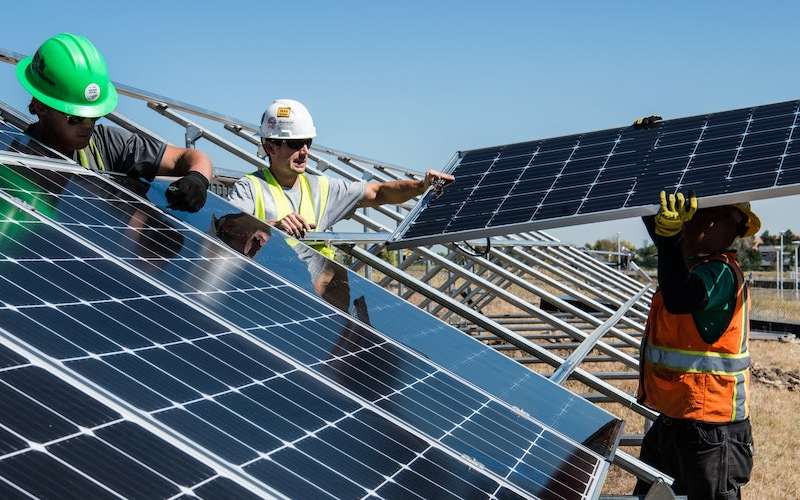




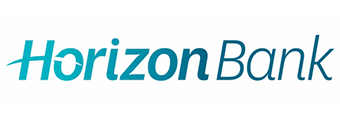
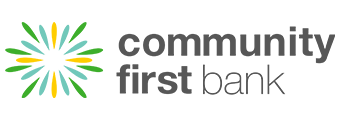


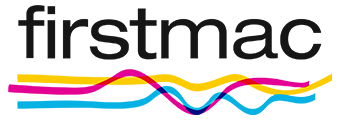
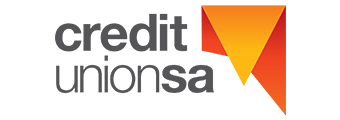


.jpg)

 Denise Raward
Denise Raward
 Harry O'Sullivan
Harry O'Sullivan